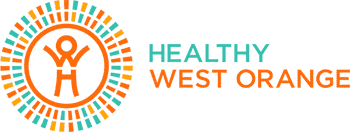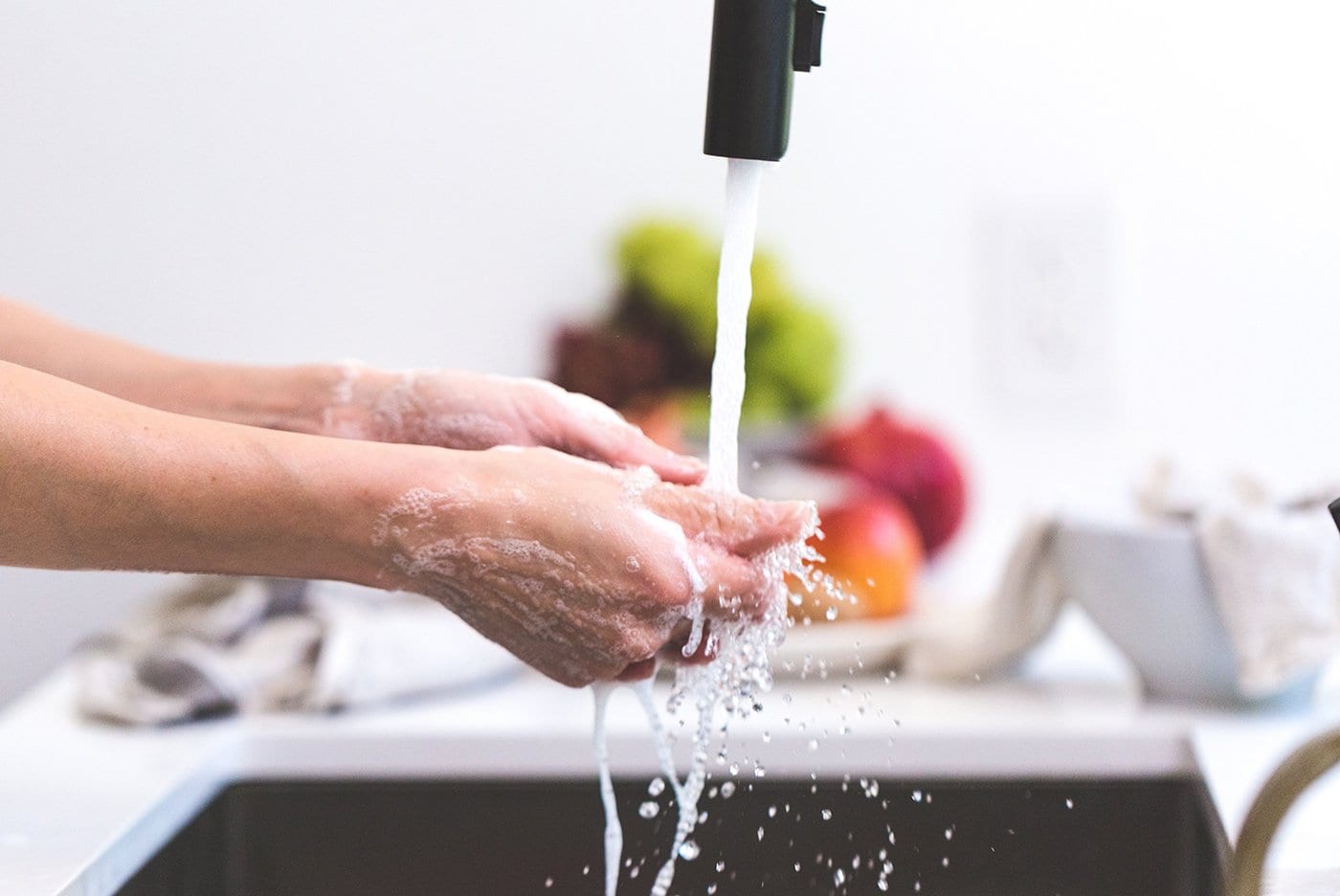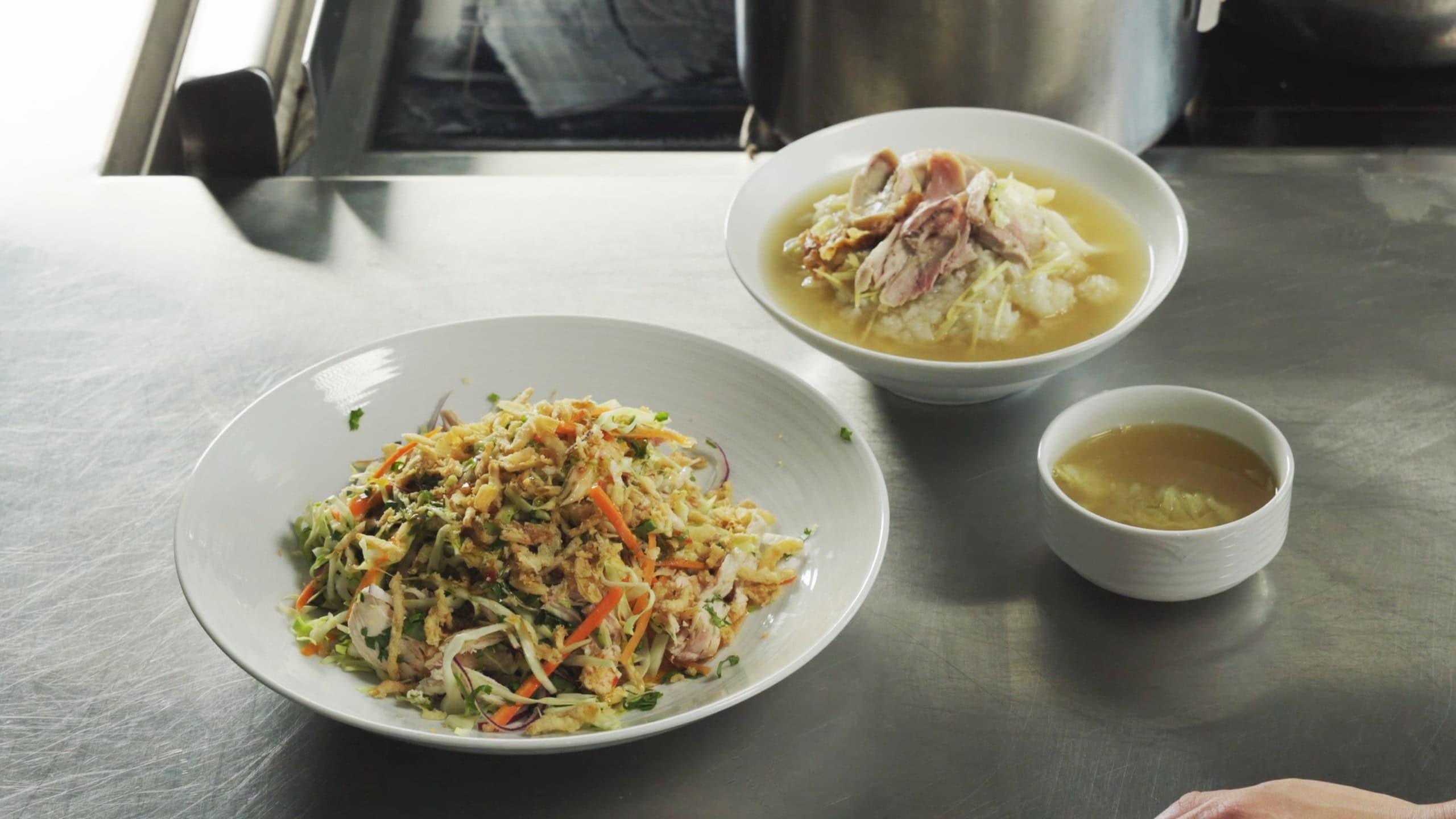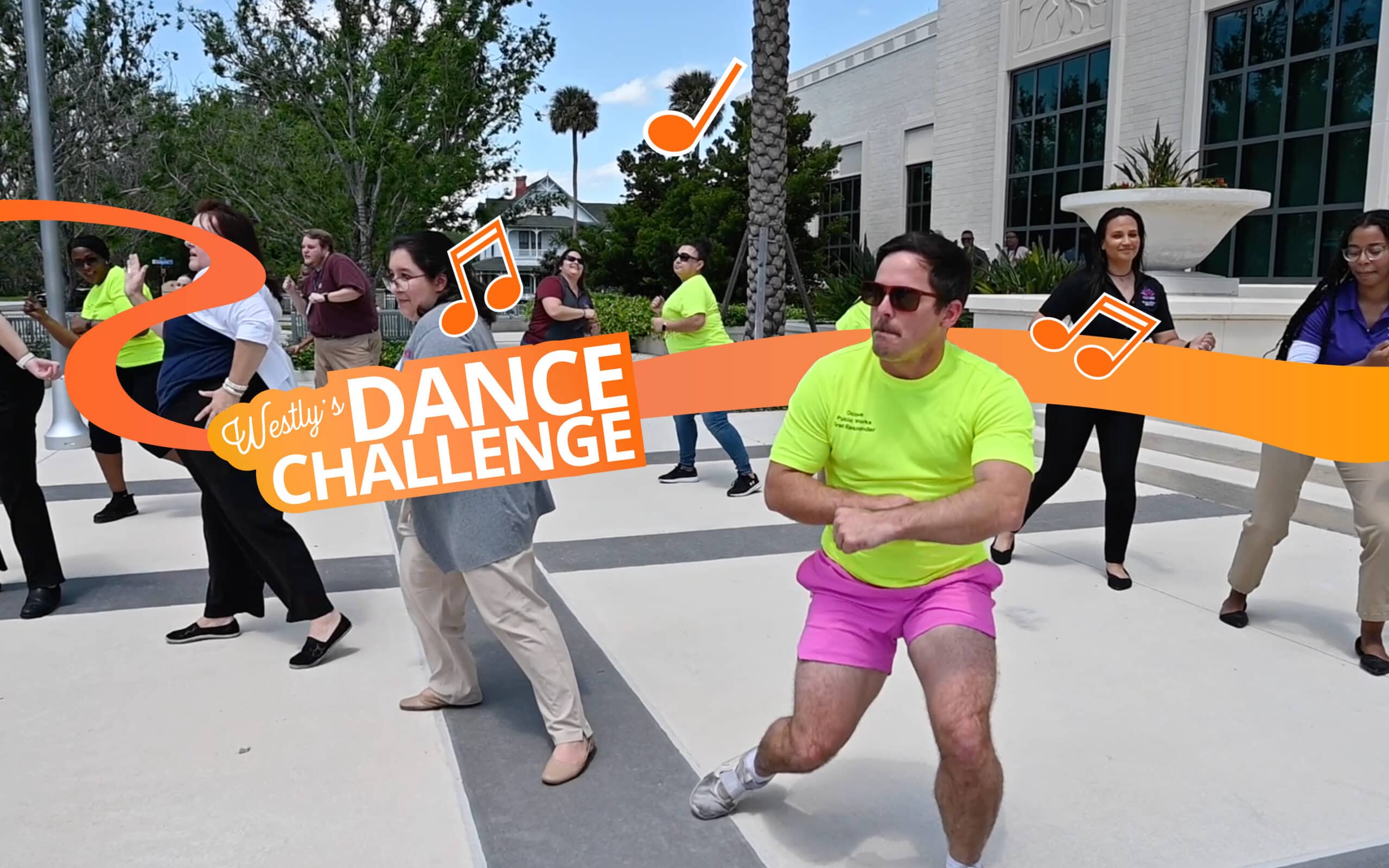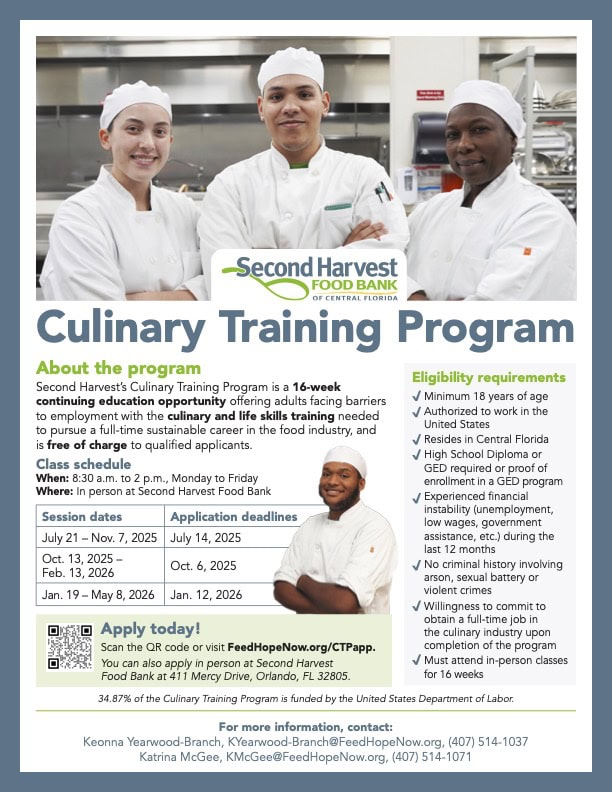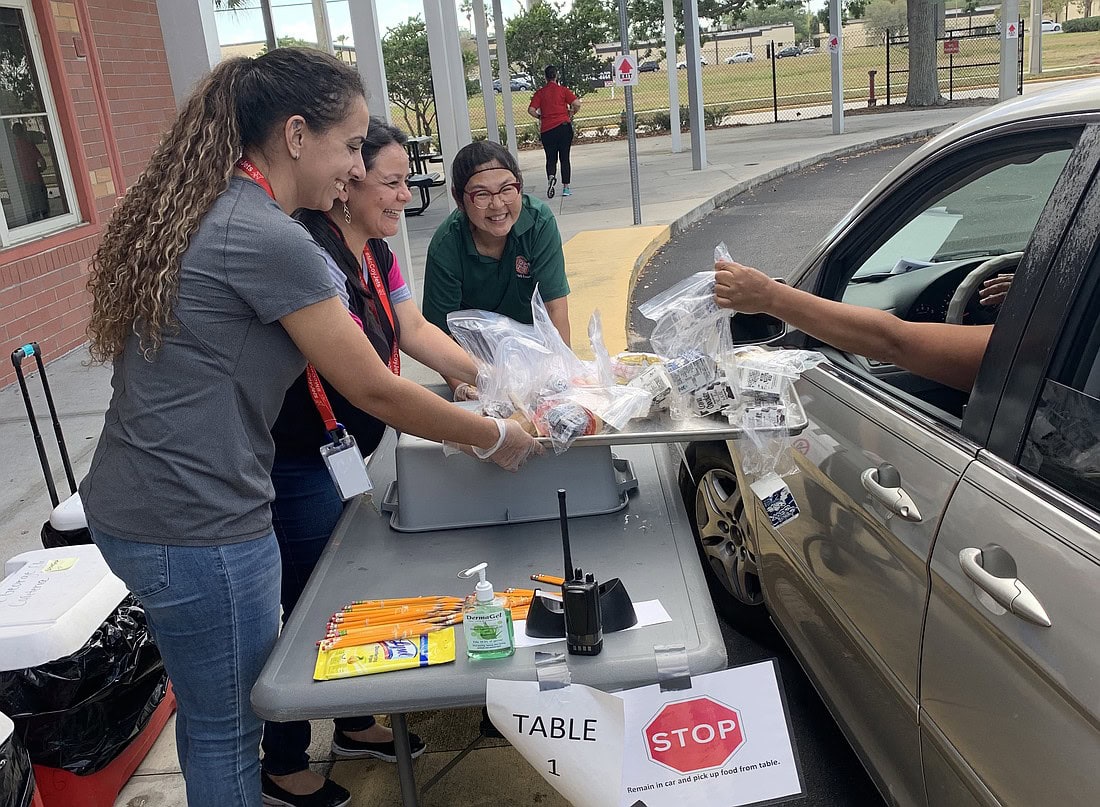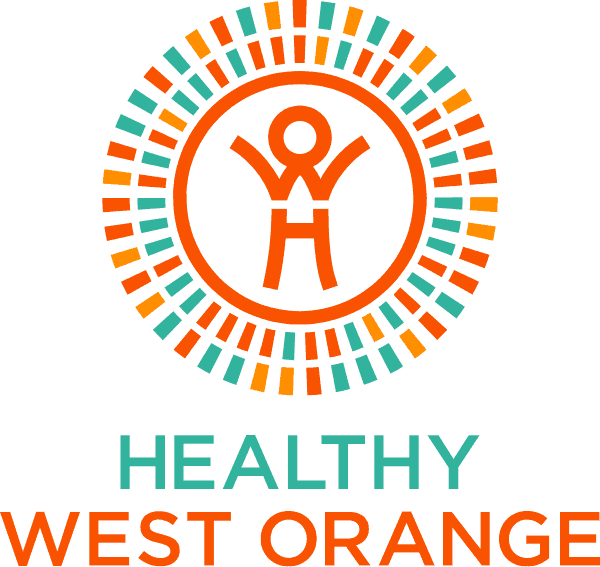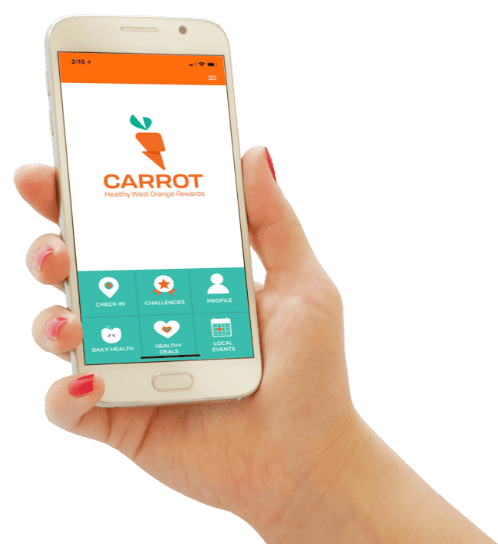Hand Washing Tips

Hand Washing Tips
It’s an exciting time when school is back in session for the year! New classes, new friends, and with that: lots of germs! This year especially, parents, teachers, and children will be taking a lot of precautions to stay safe and healthy. An important step to staying healthy is simply washing your hands. We’ve gathered some simple hand washing tips that everyone should practice.
How do I wash my hands the right way?
Washing your hands isn’t rocket science, but there’s definitely some science behind it! The Centers for Disease Control and Prevention states that many diseases and conditions are spread by not washing hands properly. Follow these handwashing steps from the CDC to make sure you’re washing your hands the right way.
- Wet hands with clean, running water (warm or cold), turn off the tap, and apply soap.
- Lather the backs of your hands, between your fingers, and under your nails by rubbing them together with soap.
- Scrub hands for at least 20 seconds. Need something to encourage kiddos to wash their hands longer? Have them sing “Happy Birthday” twice or “Twinkle Twinkle Little Star”.
- Rinse your hands well under clean, running water.
- Dry your hands using a clean towel or air dry them.
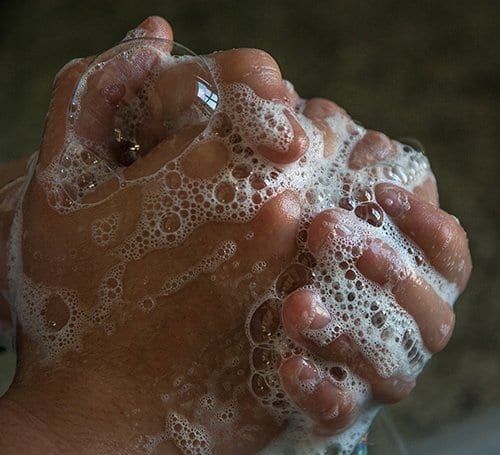
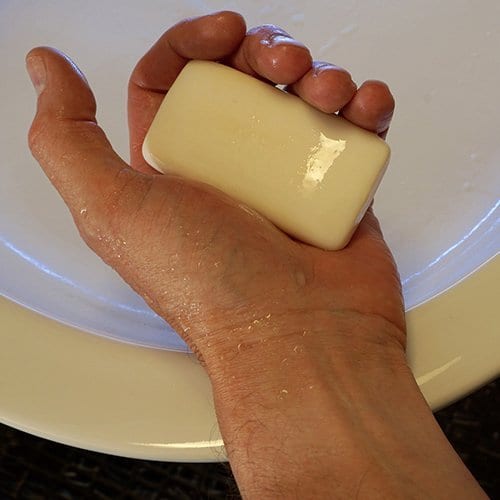
When should I wash my hands?
The CDC recommends washing your hands:
- Before, during, and after preparing food
- Before eating food
- Before and after caring for someone who is sick
- Before and after treating a cut or wound
- After using the toilet
- After changing diapers or cleaning up a child who has used the toilet
- After blowing your nose, coughing, or sneezing
- After touching an animal, animal feed, or animal waste
- After handling pet food or pet treats
- After touching garbage
When to wash hands to prevent COVID-19:
- After blowing your nose, coughing, or sneezing
- After being in a public place
- Before and after caring for someone who is sick
Hand Washing Q & A With Local Expert: Dr. Ponce!
When is it important to wash your hands?
You should wash your hands when visibly soiled, prior to eating, after the restroom, after sneezing or coughing or if touching a public area. When it doubt wash your hands. You never know for sure if the person before you was as good at hand washing as you.
What is better to use to wash your hands; soap and water or hand sanitizer?
It depends on the situation. Both are equally effective if used correctly. If your hands are visibly soiled you should use soap. In situation if no soap and water available hand sanitizer can be just as effective.
When everyone is heading back to school, what strategies can teachers use to help students have clean and sanitized hands in the classroom?
Make sure students sanitize their hands when they enter the classroom, after using restroom and prior to eating any meals or snacks.
What are some strategies to teach children the right way to wash their hands from a young age?
The most important is setting a good example by being good hand washers ourselves. You can have them sing the ABCs while they wash to know they are washing long enough and getting a good soap lather.
Staying Healthy All Year Round
You can prevent the spread of germs all year round simply by washing your hands properly! Just remember, it’s 20 seconds long and throughout the day, especially before meals and after using the toilet. Stay healthy and avoid the germs that may make you sick by using these tips.

About the Local Expert
Pamela A. Ponce, MD, FAAP, is a board-certified pediatrician with Orlando Health Physician Associates. After graduating magna cum laude from the University of Pittsburgh, Dr. Ponce earned her medical degree from the Ohio State University College of Medicine, Columbus. She served in the Health Service Professional Corps while attending medical school and completed her pediatric residency at Orlando Health Arnold Palmer Hospital for Children where she was a recipient of the Pediatric Resident Teaching Award.
Dr. Ponce’s previous experience includes practicing as a pediatrician with Orlando Health Physicians Group for two years and with All About Kids Pediatrics for four years. She has also worked in medical education in the areas of asthma management and obesity prevention. In addition, she is a certified lactation counselor.
We Want to Hear from You!
Are you a parent or teacher with some healthy tips on keeping little hands clean? Share with us below!
